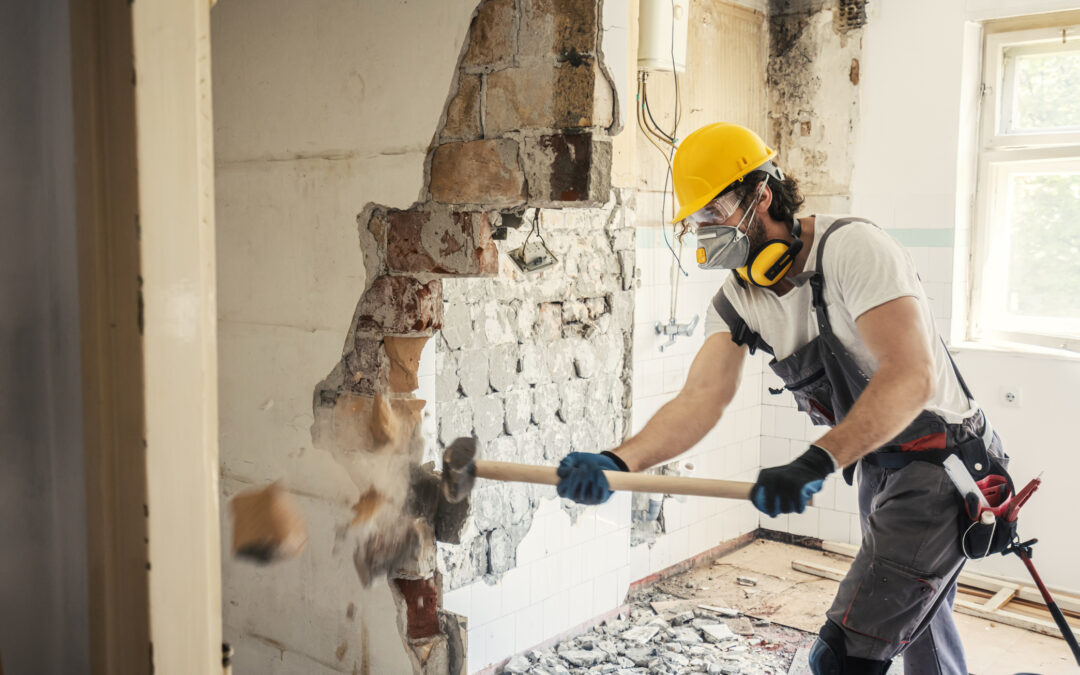Homeowners frequently feel pressured to modify their properties before selling them. Your home’s value can rise with renovations, and you’ll be able to compete with nearby homes that have similar features. However, when you get ready to sell your house, certain remodeling initiatives are more advantageous than others. Always talk with your realtor to find out which projects are most desirable to local purchasers. You can reach Berkshire Hathaway HomeServices at (310) 373-0021 for more tips for sellers.
Avoid these renovations when selling your home
You want to balance your upgrades when getting ready to sell your house. Making improvements will increase buyer interest, but you don’t want to spend so much money remodeling that you won’t be able to recoup those costs when you sell your property.
How then do you decide where to concentrate your efforts? Your real estate agent is a crucial resource for comprehending your unique circumstances and may provide advice on how to remodel your home to get the best price while selling it. For the best return on investment, vendors ought to avoid completing the following tasks.
Simple cosmetic improvements
For most purchasers, whether you’ve done minor cosmetic improvements throughout your property isn’t a deal-breaker. Let’s assume you’re debating whether to upgrade your primary bathroom before selling by buying a new toilet, vanity, and shower. It’s acceptable to sell these appliances “as is” unless they are broken and you can fix them without spending a lot of money.
Huge upgrades with protracted timelines
Your agent’s analysis will assist you in determining the risk/reward potential of any renovation project. Due to their increased expenses, significant remodeling projects and house modifications intensify this dynamic. In the Remodeling 2022 Cost vs. Value Report four of the six remodeling projects with the lowest ROI average about a 50% return on investment and are upscale or significant upgrades.
These projects have higher costs and longer completion times than small repairs and renovations, which can complicate the process of getting ready to sell, especially if you need to move into a new house by a certain date.
A big home improvement project must be completed before you sell and its timing must coincide with your relocation date. It must also be in line with consumer interest in your neighborhood market. Avoid the project if it doesn’t fit these requirements.
Violating the building code
Regulating whether a house with construction code problems can be sold varies from area to region. It also relies on the specific infraction of the building code and if failing to amend it is regarded as a safety issue. Additionally, the buyer’s mortgage lender can have restrictions that prevent them from using the loan to buy a house with specific amenities that are out-of-code, which could cause them to back out of the transaction.
When selling an older house, you are not required to update every component that might be outdated in order to meet current standards. These projects demand a substantial investment and are frequently structural. A grandfather clause usually applies if the alleged breach was constructed in accordance with the rules in effect at the time. You must, however, make the customer aware of these aspects.
Modern upgrades and makeovers
Finally, it’s better to stay away from renovation initiatives that focus on a particular home design fad. Trends change over time. Because it appeals to the largest possible pool of purchasers, timeless design is a distinguishing feature of marketable homes. When staging your house, keep this in mind as well. Buyers are more likely to envision the home as their own when a depersonalized and generally appealing environment is created.



